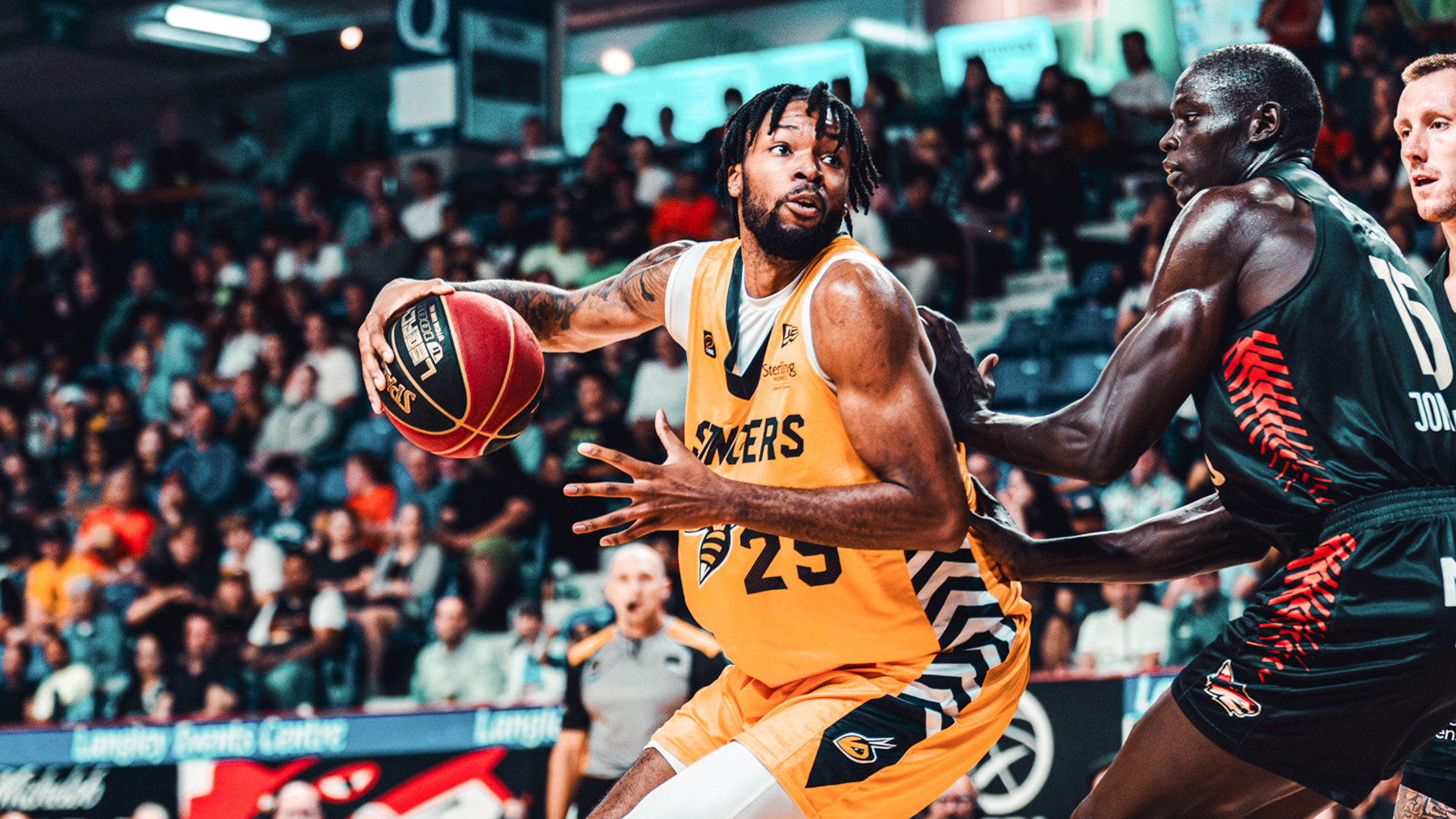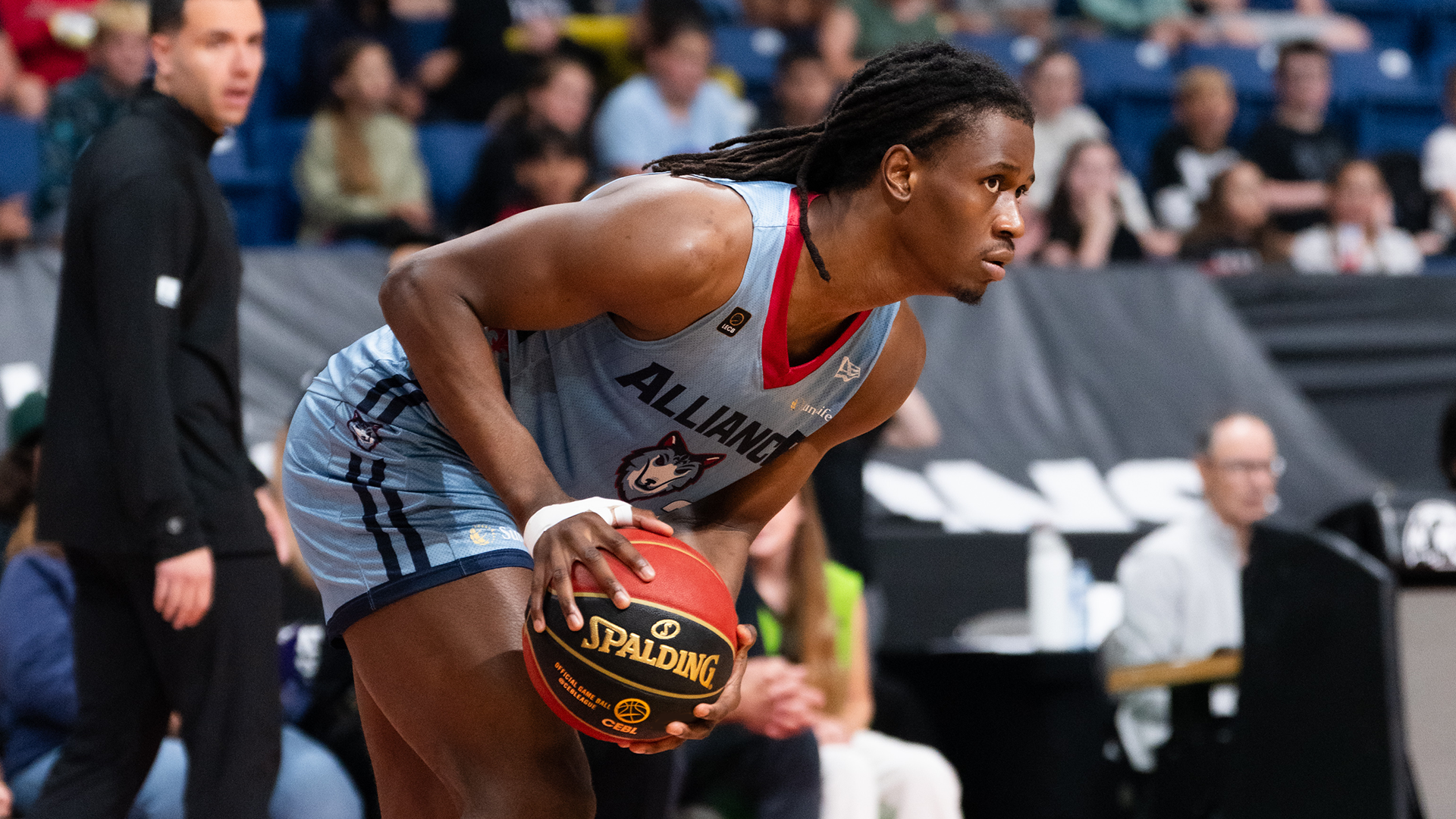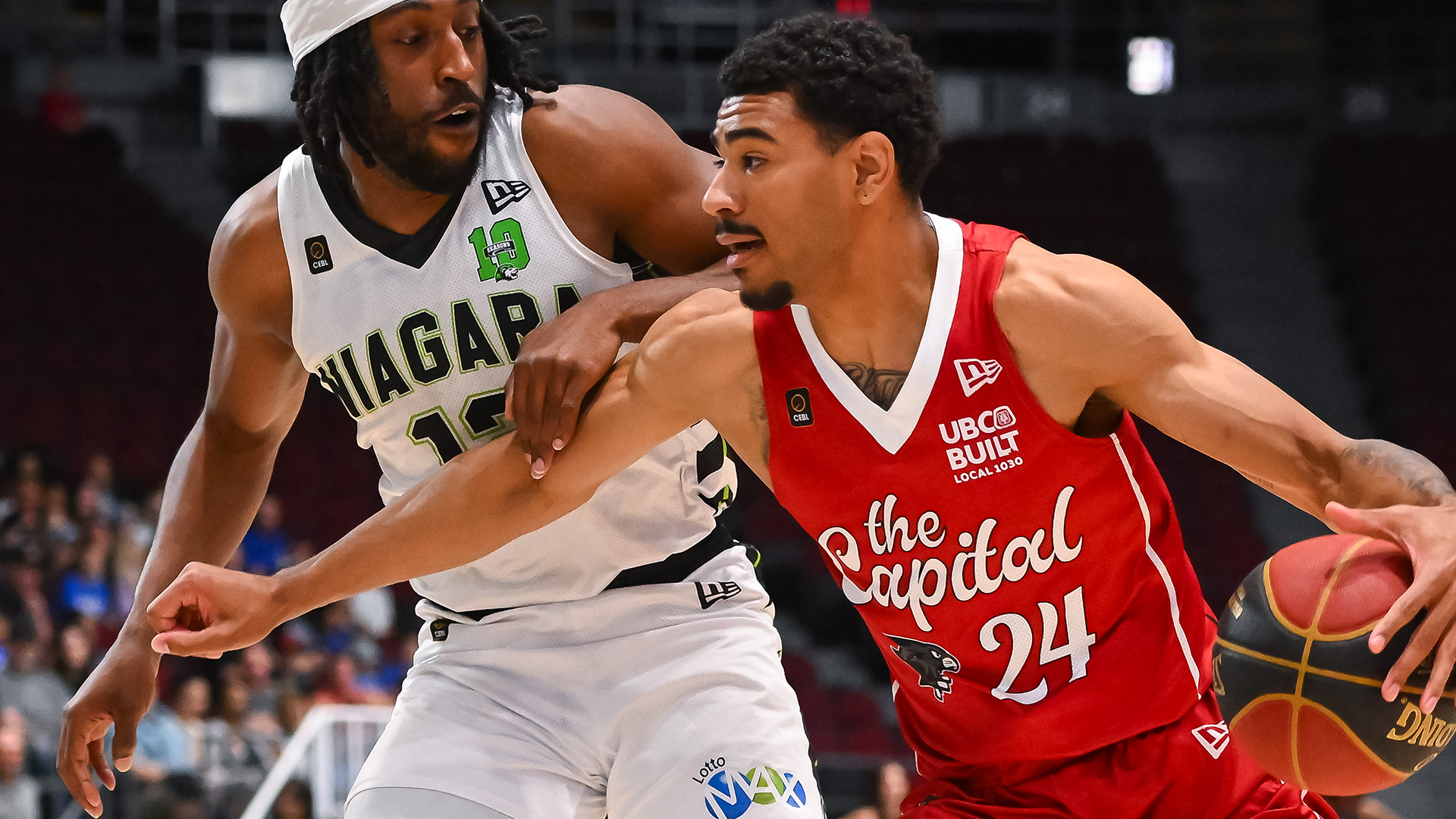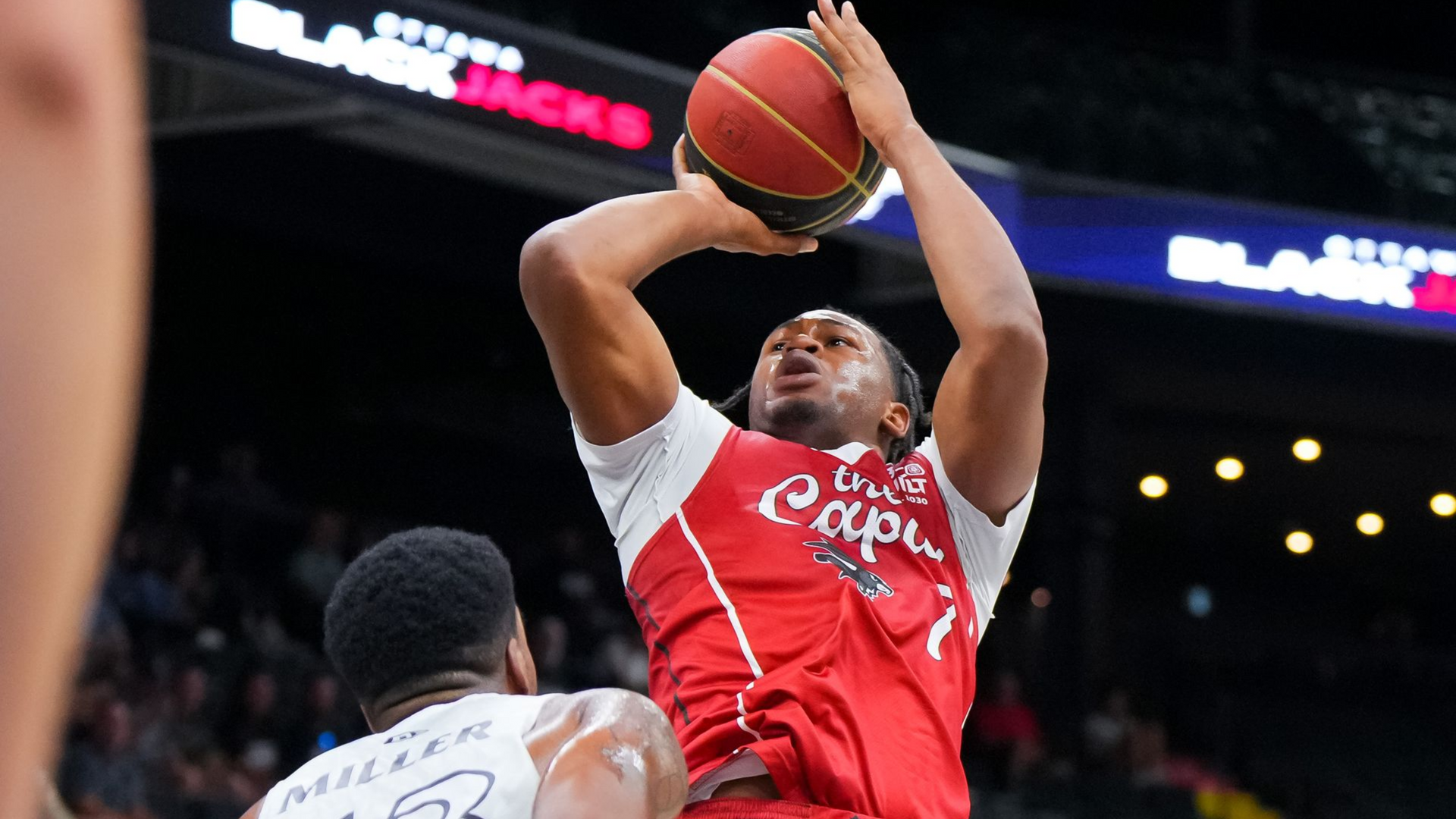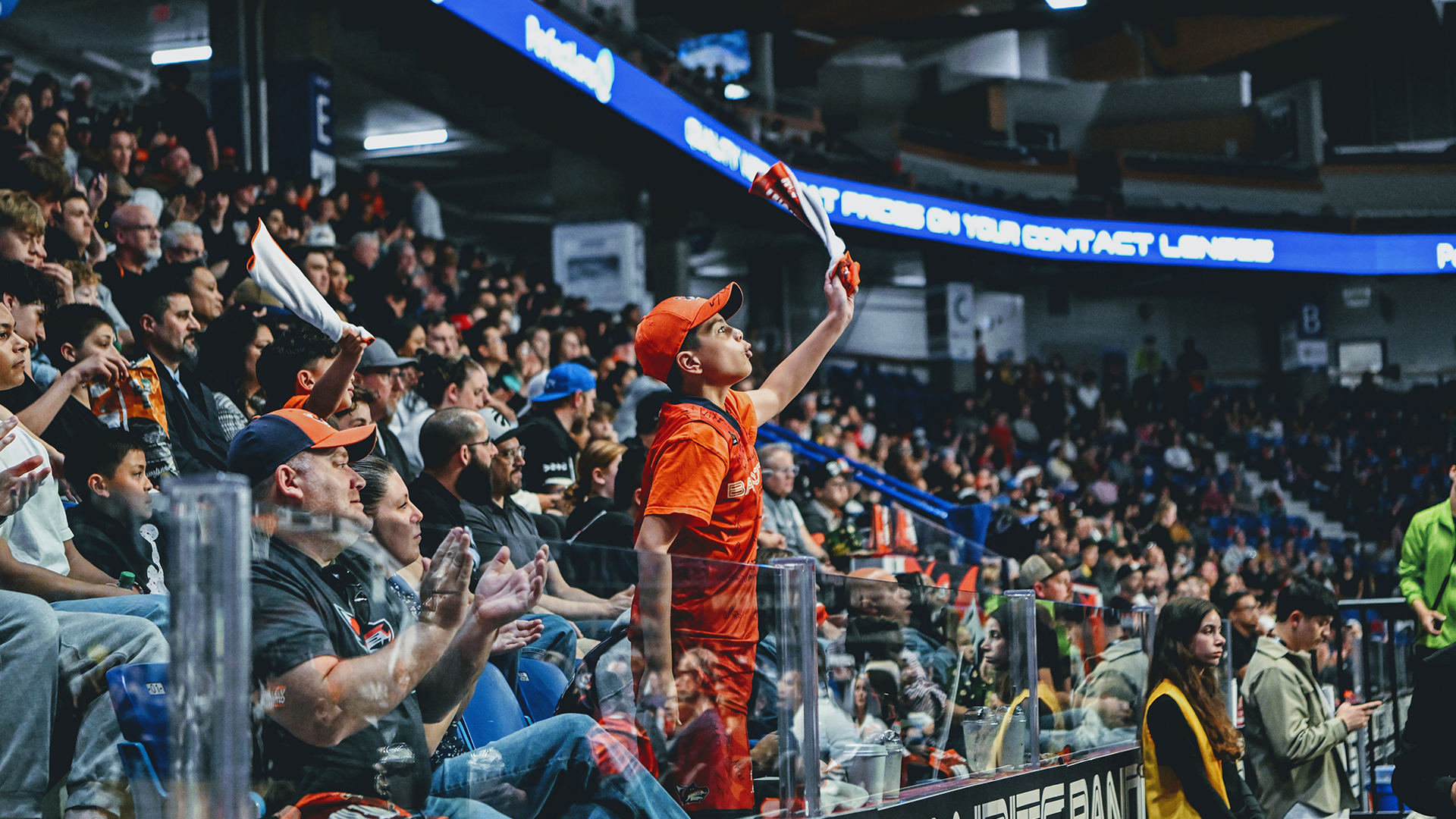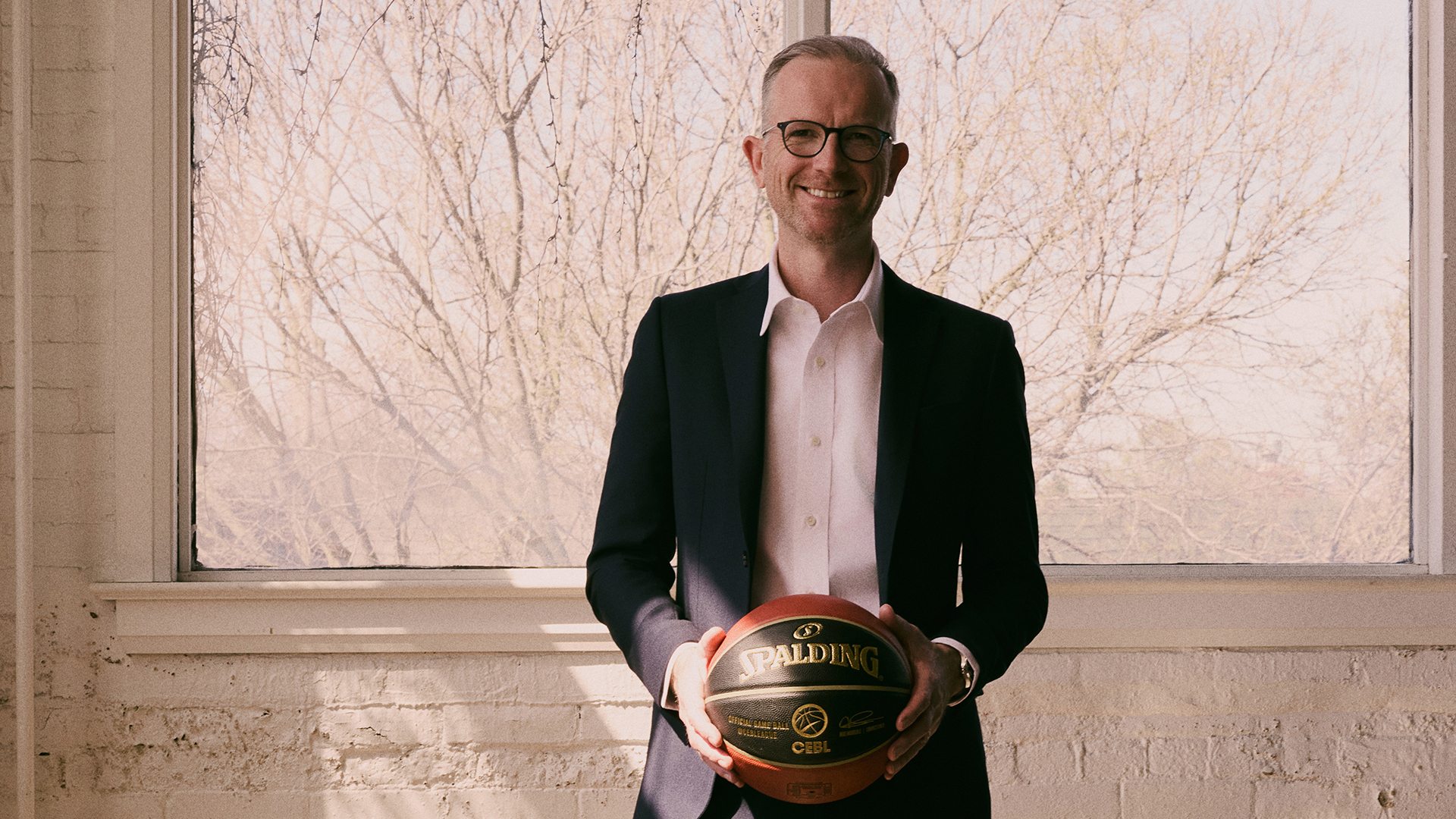Inside the Rise of the Winnipeg Sea Bears
Winnipeg native Chad Posthumus describes how the Sea Bears have found success in their inaugural campaign
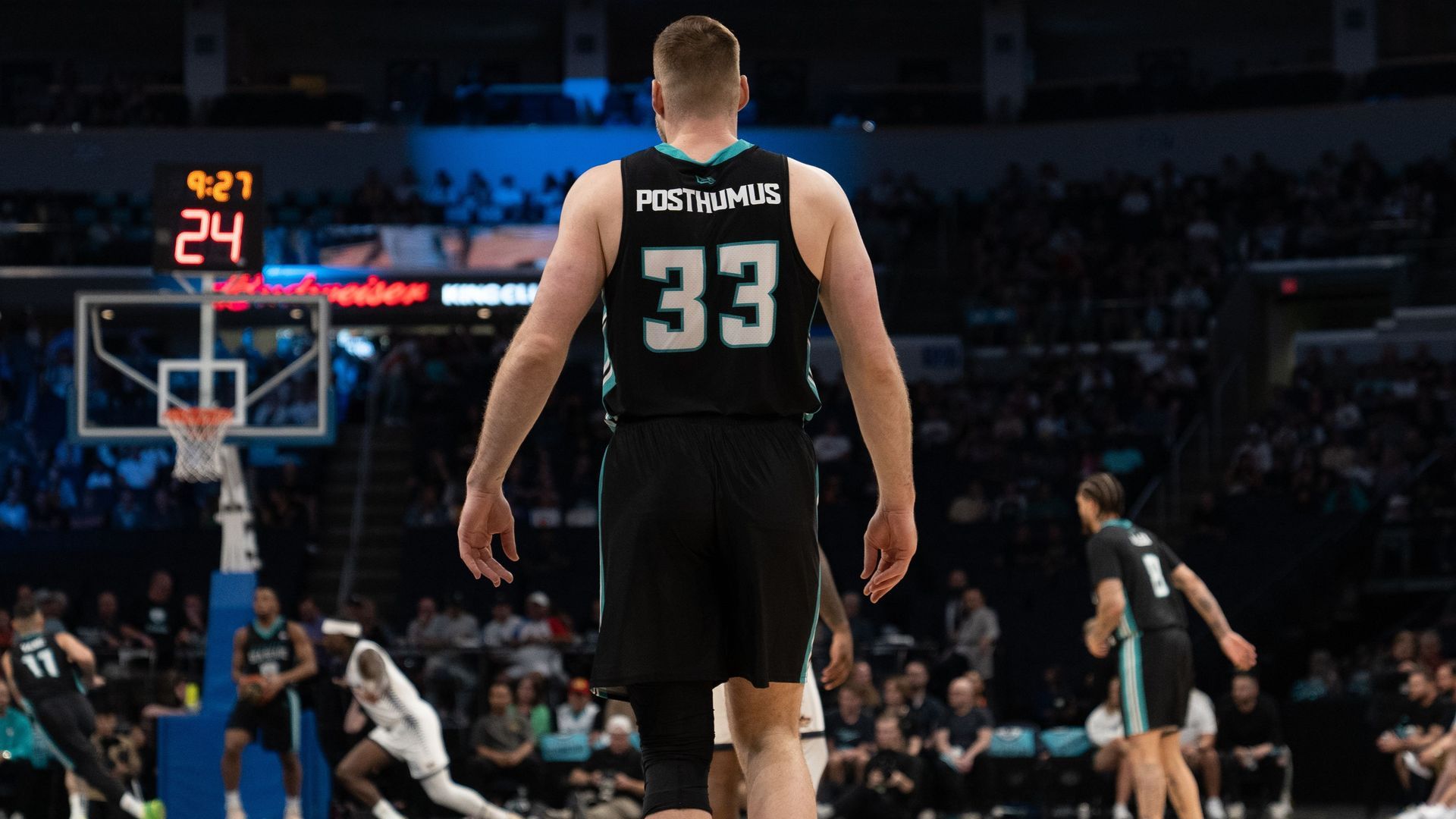
Every time Chad Posthumus steps on a basketball court, he tries to tune out the crowd.
He doesn’t look towards the stands. He doesn’t gawk at the number of fans seated in a cavernous stadium. He doesn’t take note of what an individual fan may heckle throughout the game.
The court is a cacophony of squeaky sneakers and bodies tumbling under the basket.
Throughout his nine-year professional career — which has included stints in the Japan Basketball League and Argentina’s Liga Nacional de Básquet — Posthumus likes to tune out all that outside noise to lock in on the rhythm of the game.
But on May 27, ahead of his debut for the expansion Winnipeg Sea Bears, he noticed there was something different about the atmosphere.
It was impossible to avoid.
As more than 7,000 fans streamed into the Canada Life Centre to watch the Sea Bears take on the Vancouver Bandits in the first game in franchise history, Posthumus felt as if the arena was alive.
Strobe lights pulsated throughout the building as the team was announced.
Posthumus, the team’s first signee back in the spring, a player who averaged nearly 40 points per game in his senior year of high school at River East Collegiate just outside of downtown Winnipeg, walked onto the floor with high expectations for himself and the expansion team.
After winning the opening tip, clad in a black and teal jersey, Posthumus recorded two quick fouls and was subbed out. He picked up his fourth personal foul — one away from fouling out — heading into the third, but Winnipeg held a 16-point lead.
Basketball is a game of runs, though. And the Bandits started to come back.
With Winnipeg leading by three points, and one basket away from taking the win in target score time, Sea Bears guard Teddy Allen dribbled with his left hand towards the basket.
He lobbed a shot at the hoop. Posthumus — who scored eight points after halftime despite the foul trouble — was boxed out, his hands clawing on a defender’s back.
The ball bounced off the rim. The 7,000 fans in attendance shrieked, trying to will the ball through the hoop.
Posthumus, like he had been taught so many times before in gyms throughout his hometown, jumped.
With his right hand, he secured the ball, and extended towards the backboard.
The crowd yelped.
He pumped his fist through the air and started to run, not realizing what had just happened.
Growing up in Winnipeg
Posthumus started playing basketball around the age of 11.
In a sports-mad city, in the heart of Canada, hockey was Posthumus’ main sport.
“Hockey is a Canadian sport, and everywhere you look in Canada, there’s hockey,” he said.
His mother, Diana, however, played college basketball at the University of Winnipeg and was part of the national team program. He started to play basketball himself, but said he was never pressured to pick up the sport and follow in her footsteps.
“She was more of a ‘do your own thing, make your own path’ sort of person,” Posthumus said. “I really enjoyed playing basketball.”
A genuine love of the sport, plus a realization that he could make it further as a professional baller compared to hockey, helped him hone in on his basketball skills by the time high school arrived.
“Basketball, the competitiveness of it, the fast pace of it, and you get to play more,” he said. “Hockey you get one or two games a week, and for basketball you can play and practice here and there.”
After averaging 39 points, 25 rebounds and seven blocks per game as a senior in high school, Posthumus left Winnipeg to pursue college basketball at the University of British Columbia, Howard College, and Morehead State.
He then played overseas, before joining the Saskatchewan Rattlers in 2019, who would go on to win the first ever CEBL title.
Throughout every stop, a part of Posthumus always longed to come home and play in front of his family, which have played an
integral part in his basketball journey.
“Aside from a few tournaments here and there, and my senior night in university,” he said.
“My mom hasn’t seen me play since 2009.”
Welcome (back) to Winnipeg
Long before the Sea Bears debuted this year, and Posthumus scored the first game-winning bucket in franchise history in May, Winnipeg was home to two professional basketball teams in the 1990s.
The
Winnipeg Thunder, the city’s first pro team, debuted in the World Basketball League in 1993 but ceased operations two years later.
The
Winnipeg Cyclone were then founded in 1995 and played in the International Basketball Association until 2001, when the league folded.
Since Posthumus started hooping in the early aughts, he said the popularity of basketball in Winnipeg has grown exponentially.
“In general, Winnipeg, compared to a lot of other cities, has the Filipino Basketball Association, Winnipeg Minor Basketball Association, Basketball Manitoba,” Posthumus said.
“Winnipeg’s sport is basketball.”
Even finding court space in the city, Posthumus said, can be tricky because of the popularity of the sport — no matter whether you’re a nine-year pro, or recreation baller.
“Everywhere from young kids to 55-plus leagues, there’s multiple divisions,” he said. “Finding gym times can be tough… I don’t want to toot my own horn, but even for guys like me, a pro in Canada, it can be tough.”
‘Blue collar, Winnipeg persona’
Finding success as an expansion team can be difficult.
Between gelling with new teammates and establishing a team identity, many organizations struggle for a few years before emerging as a postseason threat.
In the NBA, the expansion Vancouver Grizzlies never won more than 23 games in a season before relocating to Memphis in 2001. The Atlanta Thrashers made one playoff appearance in 11 NHL seasons before they moved to Winnipeg. The New York Mets lost 120 games in their inaugural season in 1962.
The Sea Bears, however, through their first 14 games in franchise history are leading the CEBL’s western conference by two games and in prime position to lock up a playoff spot in their first season.
Posthumus credits head coach Michael Taylor for leading the team to their fast start.
“He’s been great getting everybody on the same page and had a lot of practice times for us,” he said. “We feel pretty well acquainted.”
He adds that having a mix of veteran players — including Shane Osayande and Michael Okafor, who won the CEBL title with the Hamilton Honey Badgers last season — have also helped establish a championship culture in Winnipeg.
“We’re building Winnipeg Sea Bears culture, and everything ebbs and flows off that,” Posthumus said.
“We show up every day, put a lot of time in the gym, film room, weight room… We’re gonna fight no matter what every night.”
While Posthumus would love to have a home playoff game, he said the Sea Bears are focused on trying to secure the overall number one seed and a bye into the semifinals at Championship Weekend.
Regardless of how the season plays out, though, Posthumus is excited at the prospect of the Sea Bears inspiring a generation of ballers to play professional hoops in their hometown.
“There’s pro basketball outside the NBA,” Posthumus said. “We have it right here in your hometown.”
